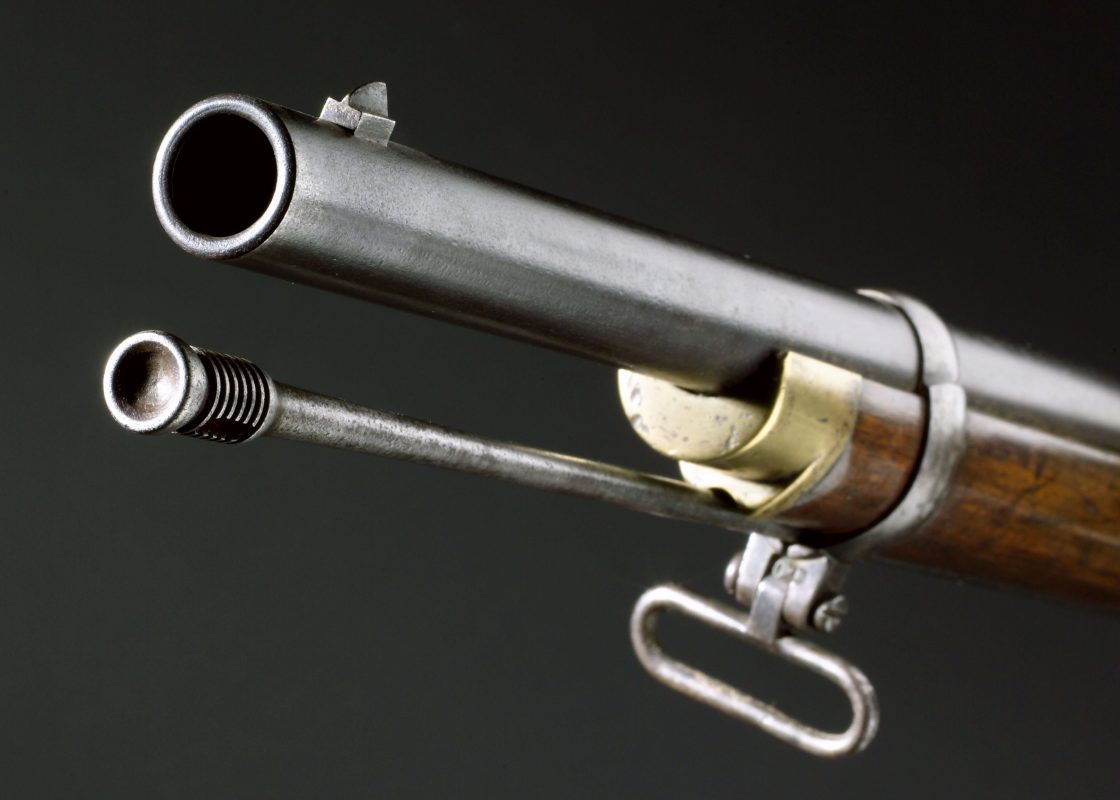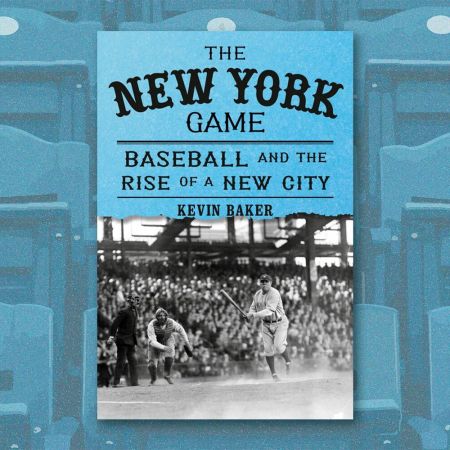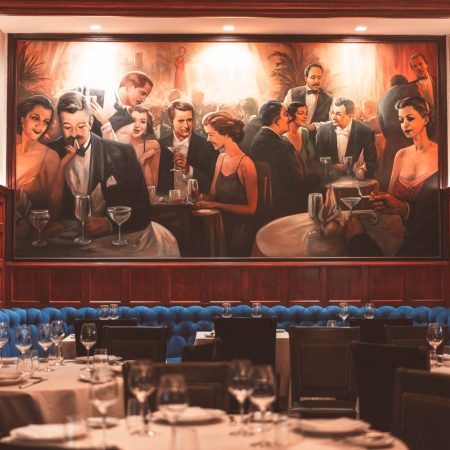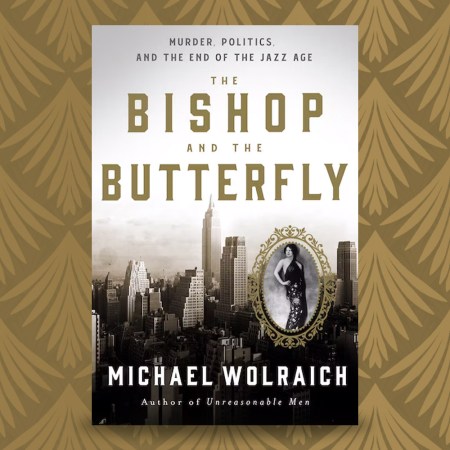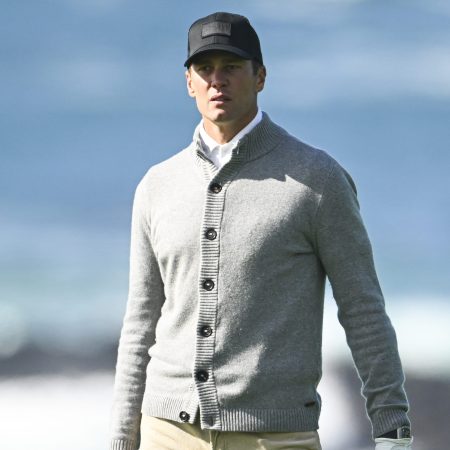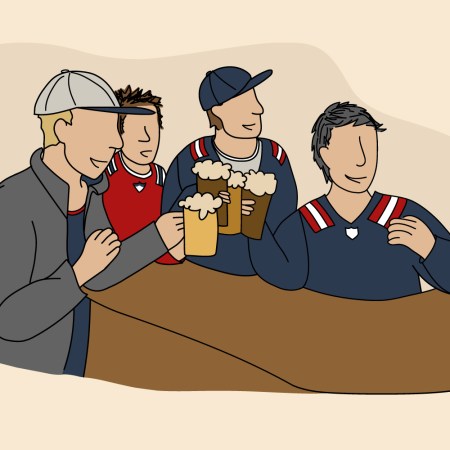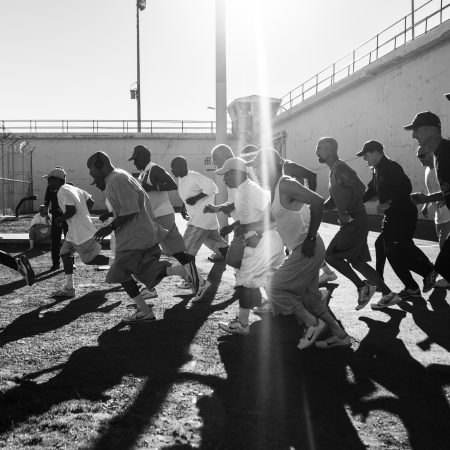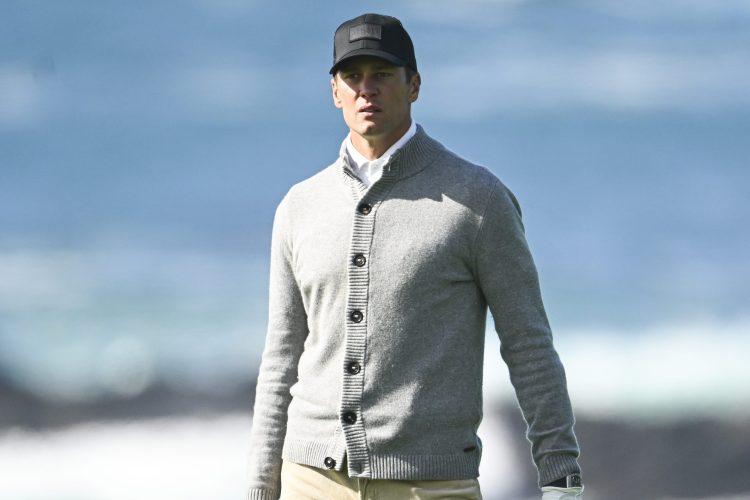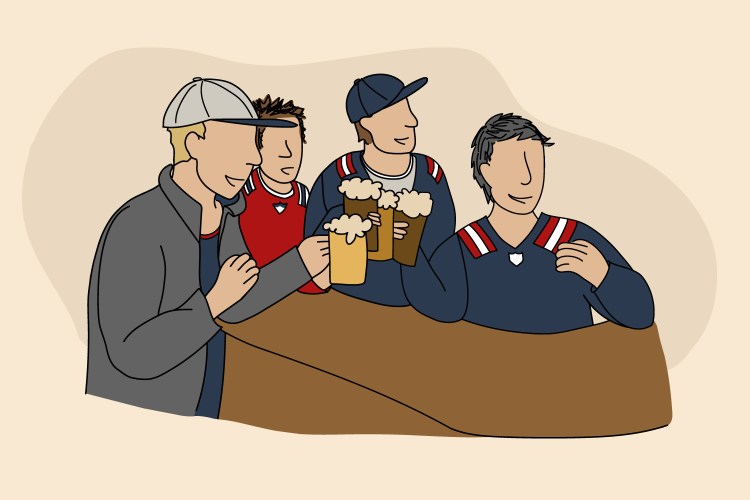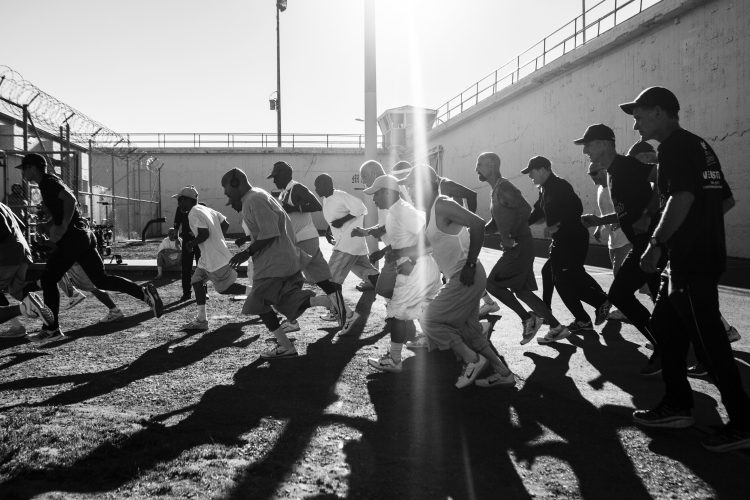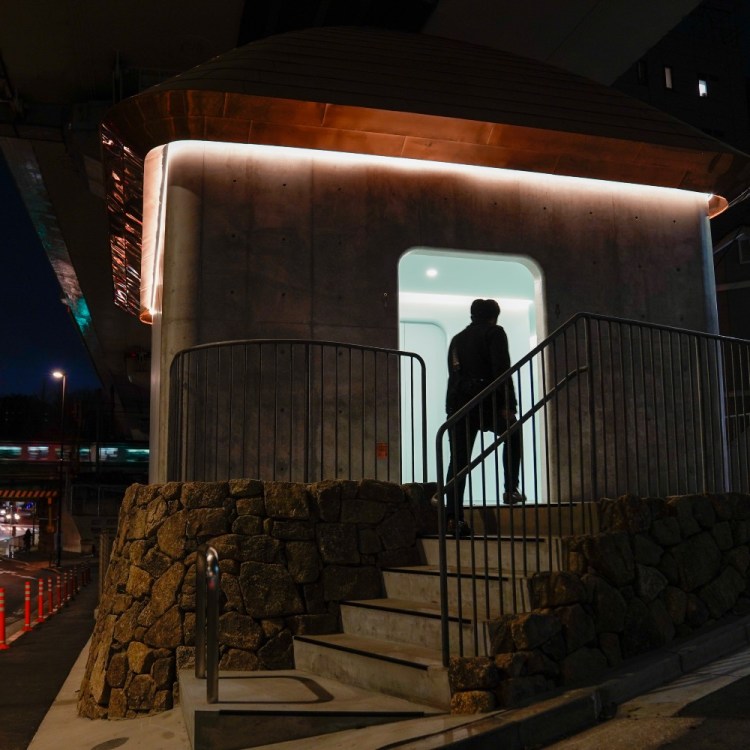It was a chilly day on this date in 1908, but that was just fine with Manuel Buica.
The chill meant he and his compatriots wore long coats as they loitered on the Praco Do Commercio in central Lisbon that afternoon. The coats meant that they could more easily hide their firearms until the very last moment.
They were waiting for King Carlos I, the reigning monarch of Portugal, and for the chance to change history.
A few years after the turn of the century Portugal was going through a political upheaval, exasperated by the king’s decision to dissolve parliament, give “dictatorial” powers to a single government official and approve of a harsh crackdown on dissent that included sending perceived enemies of the state to Africa.
“The masses of the people of Portugal are ordinarily indifferent to political turmoil,” The New York Times reported at the time, “but the growing severity of the measures of oppression, the numerous arrests, the searching of houses, and the brutality of the police were now beginning to arouse popular excitement, not only in Lisbon, but in the provinces.”
Buica, a former military veteran a crack shot, was apparently among those caught up in the popular excitement. The king had to go.
So on Feb. 1, 1908 Buica and some associates waited in central Lisbon for the king to come to them. They knew the royal family was returning from holiday, and they knew the route the carriage would take to the palace.
And while it was chilly enough for coats, it was apparently warm enough that day that the royal family rode in an open carriage.
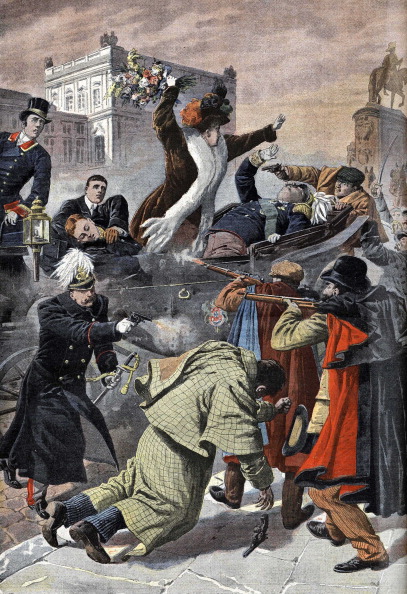
“Near the royal carriage a small group of silent men had quietly waited its approach,” the Times reported. “Then at a muted word from one of them they swiftly threw their cloaks across their shoulders and raised the carbines, which the cloaks had concealed, and fired again and again in the direction of the royal family.”
“Then the air was filled with a succession of sharp reports and the King was seen to jump up and reach for his throat, then drop back on the cushions,” the Times said.
Carlos I’s son, Crown Prince Luis Filipe, was also mortally struck.
“The King and the Crown Prince had not the slightest chance to save themselves,” the Times reported. “A great hush fell upon the crowd, which for the moment did not comprehend that a swift tragedy had befallen the nation.”
Queen Amelie of Orleans, the king’s wife, dove in front of Luis Filipe, but it was too late. The queen and her other son, Manuel, survived.
After the attack the carriage raced to a nearby military building, but by then the king was already dead.
“An examination of the wounds of the King… showed that one wound was at the nape of the neck, a second in the shoulder, and the third, which was fatal, had severed the carotid artery,” the Times said. “The Crown Prince, who was still breathing, but who died almost immediately after admission to the arsenal, had his three wounds in the head and chest.”
Two bullets had hit young Manuel, but the wounds were not fatal.
The assassins, meanwhile, were quickly run down by police and vigilantes in the crowd, who killed two of them and captured a third.
But while there was an outpouring of sympathy for the royals, the Times reported days later that the opposition to the monarchy, known as republicans, largely justified the assassination.
“Subscriptions have been raised for the families of the murderers, amounting to several thousand pounds, and rich citizens of Lisbon are disputing for the privilege of adopting the children of the principle criminal,” the Times said.
Following the death of the king and the crown prince, Manuel inherited the crown, but by then the power of the monarchy was giving way. Two years later Manuel had to flee the country after a military coup, and Portugal declared itself a republic.
This article was featured in the InsideHook newsletter. Sign up now.
